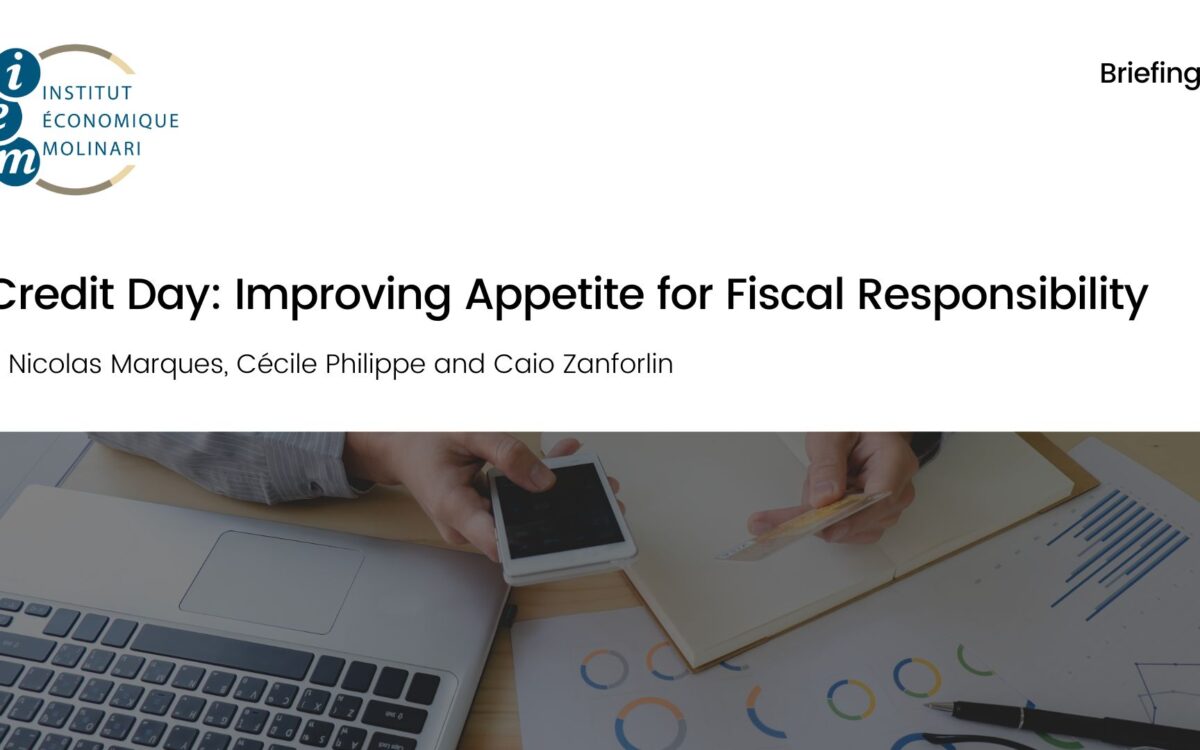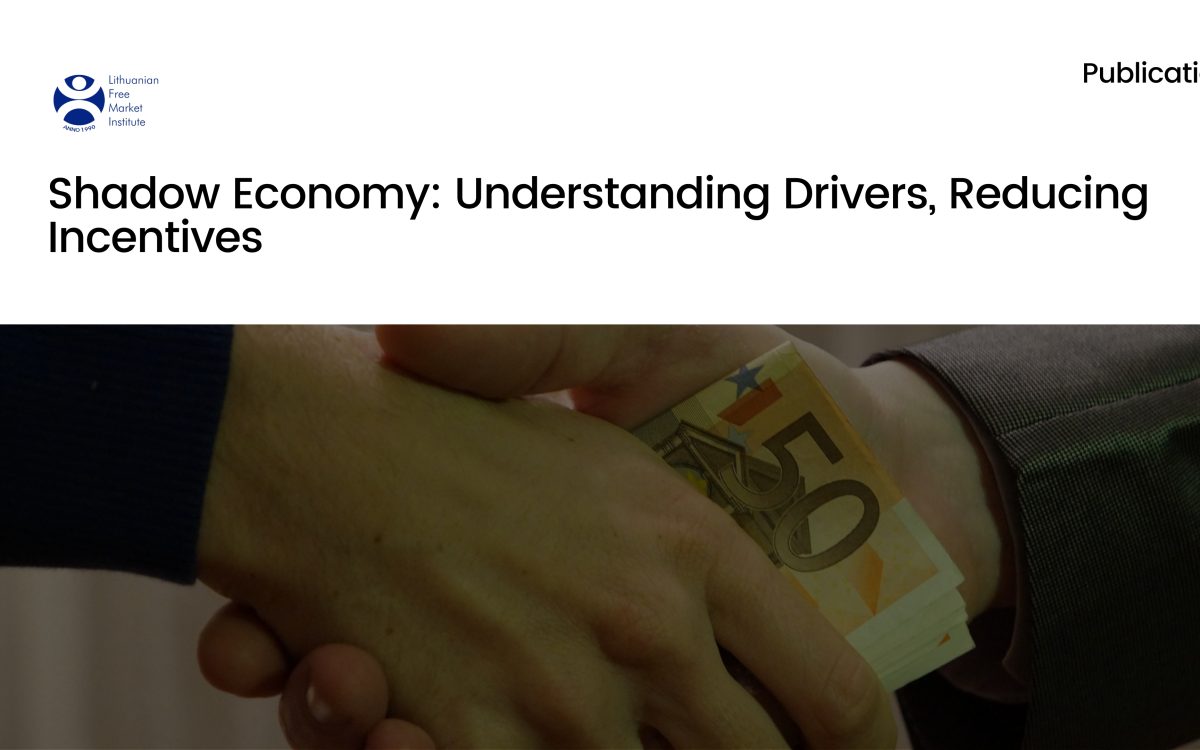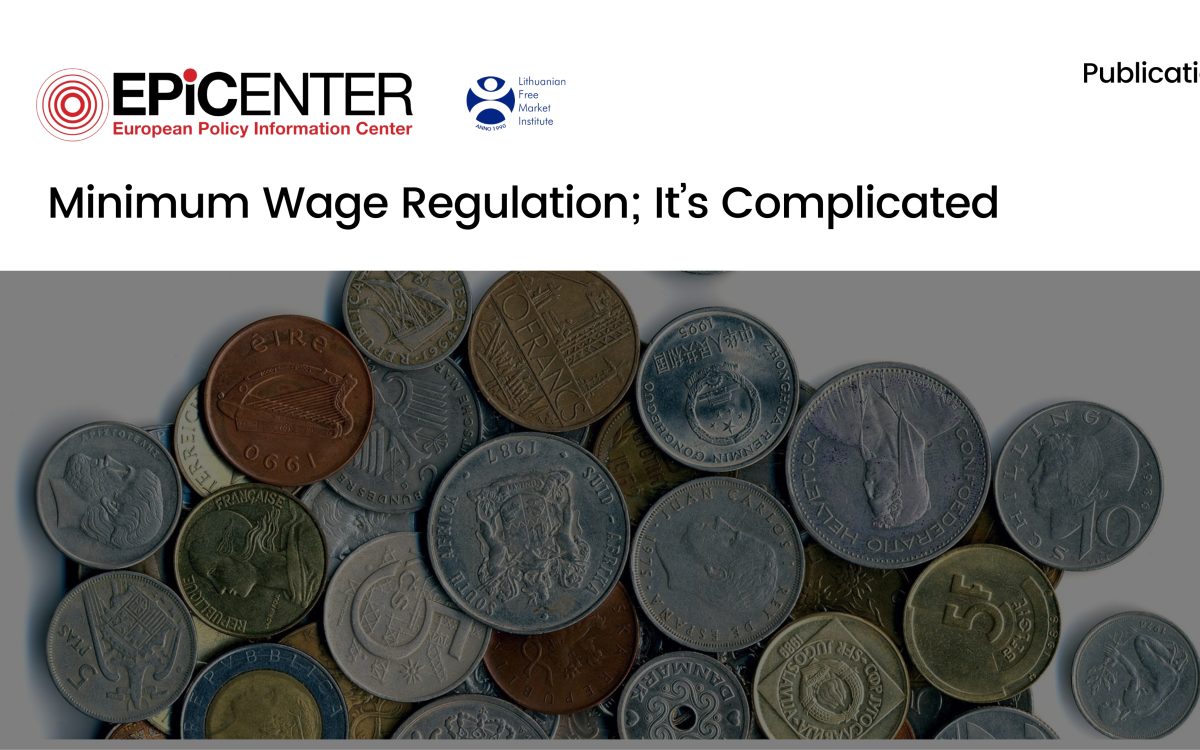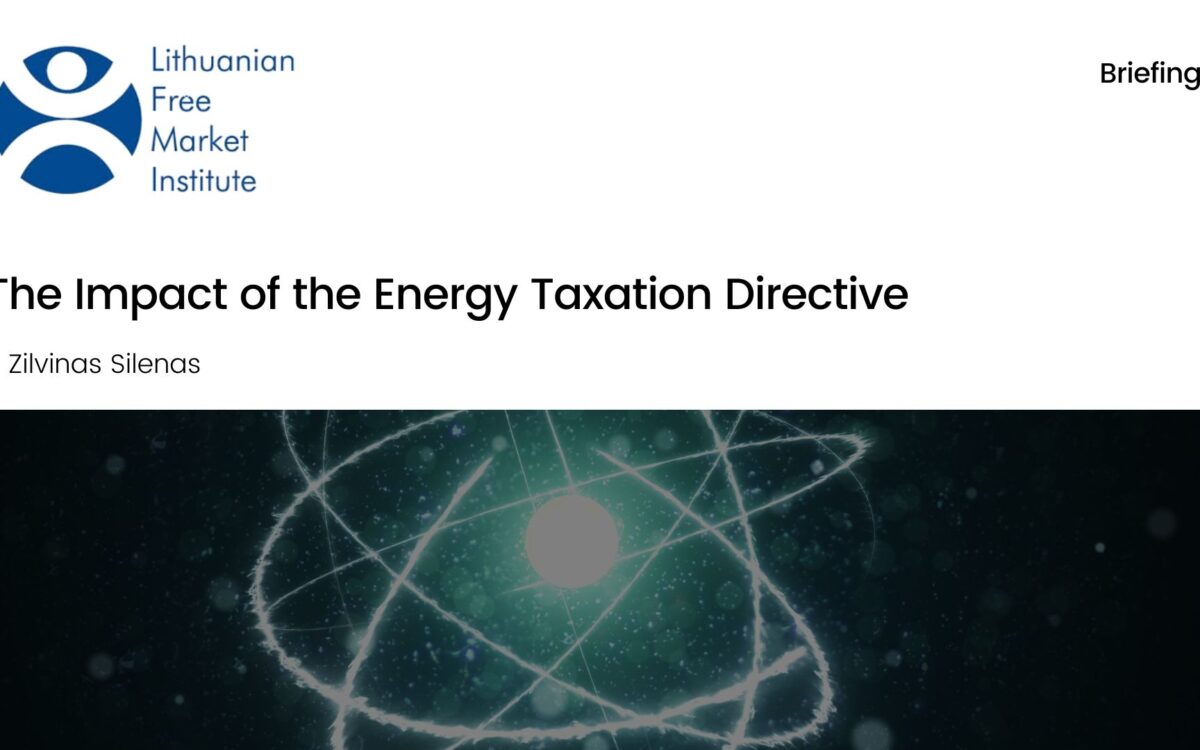Fiscal & Taxation Publications
January 1, 2019
Published by EPICENTER on January 1, 2019
Categories
The Employment Flexibility Index of LFMI quantifies a great divergence in employment regulations between EU countries. Of the 41 countries included in the index (EU and OECD countries), Denmark and the United States were ranked as having the most flexible labour regulations, while France and Luxembourg were ranked last.
December 1, 2018
Published by IEM on December 1, 2018
Categories
13 December marks Credit Day across the European Union. This is the day when, on average, European countries’ central governments exhaust their annual tax revenue and start relying on borrowed money to fulfil their functions – 18 days before the end of the year. According to a study by the Institut Économique Molinari, this is 7 days later than last year, which is a substantial improvement.
December 1, 2018
Published by IBL on December 1, 2018
Categories
The Commission’s decision to fine Google for unfair practice was based on a misunderstanding of the Android ecosystem and a mistaken definition of the relevant market. This allowed Google’s activities to be wrongly cast as those of a monopoly abusing its position.
November 19, 2018
Published by EPICENTER on November 19, 2018
Categories
The aim of this publication is to present and analyse the results of representative population surveys into public perceptions of the shadow economy and engagement in illicit activities that were conducted in six countries – Lithuania, Latvia, Estonia, Poland, Sweden and the Czech Republic – between March and April, 2018.
September 6, 2018
Published by EPICENTER on September 6, 2018
Categories
Raising mandatory minimum wage might seem to be a simple policy that serves to increase wages for low-income earners. Politicians use this policy with good intentions to reduce poverty and inequality. Yet, it has serious drawbacks and creates unintended consequences.
July 1, 2018
Published by EPICENTER on July 1, 2018
Categories
Instead of comprehensive re-examination of the Energy Taxation Directive, the European Commission is examining whether ETD should continue the exemptions and lower tariffs for specific products.





